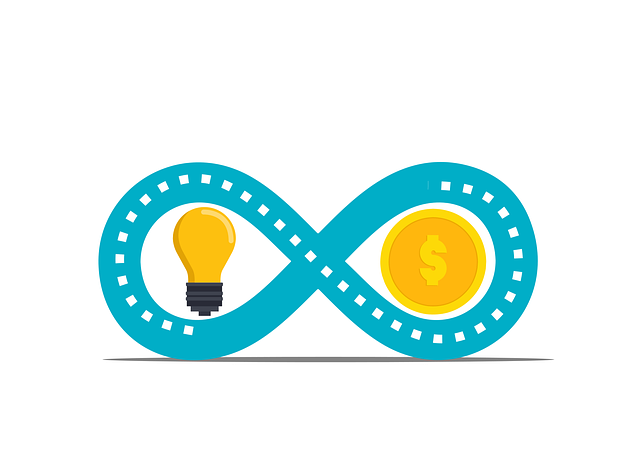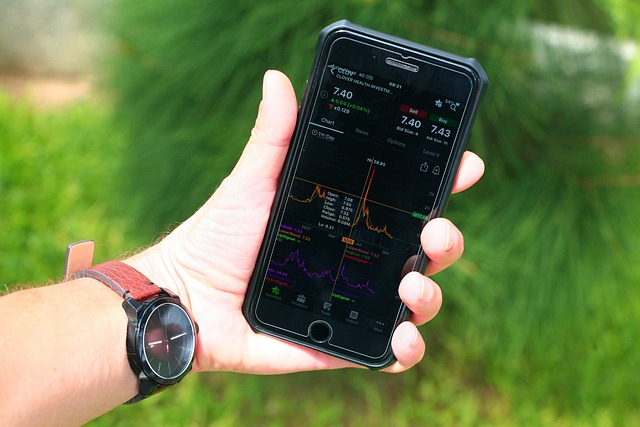The real estate industry has evolved significantly due to technology, shifting from traditional on-site oversight to data-driven, efficient approaches. Advanced tools like smart sensors and IoT devices enable remote building monitoring, maintenance tracking, and tenant behavior analysis. This transformation reduces the need for constant supervision, enhances energy efficiency through smart homes, and provides valuable insights into occupancy patterns and rental market trends via analytics platforms. Technological advancements empower professionals to make informed decisions, optimize resources, and improve overall management experiences. Additionally, digital processes and automated software streamline operations, increase tenant satisfaction, and foster long-term partnerships based on trust, communication, and proactive maintenance.
In today’s digital age, real estate management is undergoing a transformative journey. The Evolving Role of Technology in Real Estate Management explores how innovative solutions are streamlining operations, from efficient systems and processes to enhanced tenant-property owner relationships. As technology takes on more day-to-day oversight tasks, the industry shifts towards streamlined, autonomous practices. This shift not only improves management efficiency but also fosters trust among stakeholders, marking a new era of real estate administration.
The Evolving Role of Technology in Real Estate Management

The real estate industry has seen a significant transformation due to technology, shifting the way properties are managed and monitored. Traditional methods of on-site oversight have evolved into more efficient, data-driven approaches. With advanced tools, property managers can now remotely monitor buildings, track maintenance needs, and analyze tenant behavior through smart sensors and IoT devices. This shift reduces the need for constant day-to-day supervision.
For instance, smart homes integrate automated systems that allow managers to control lighting, heating, and security from a distance, enhancing energy efficiency. Additionally, data analytics platforms provide valuable insights into occupancy patterns, rental market trends, and even predict potential maintenance issues. This technological advancement empowers real estate professionals to make informed decisions, optimize resources, and deliver enhanced services, ultimately improving the overall management experience.
Streamlining Operations: Efficient Systems and Processes

In the dynamic realm of real estate, streamlining operations through efficient systems and processes is a game-changer. By implementing digital solutions and automating tasks, property managers can significantly reduce day-to-day oversight requirements. Smart technology, such as automated lease management software, enables seamless communication between tenants and administrators, promptly addressing maintenance requests and rent payments.
This digitalization minimizes manual efforts, ensuring that operations run smoothly even with limited direct supervision. Efficient processes not only save time but also enhance tenant satisfaction by providing quick responses to their needs. As a result, property managers can focus on strategic decision-making and long-term planning, contributing to the overall success of real estate ventures.
Building Trust and Autonomy with Tenants and Property Owners

In the real estate sector, fostering trust between property managers and their tenants is paramount for successful long-term partnerships. By empowering tenants with a sense of autonomy, landlords can create an environment that encourages open communication and proactive maintenance. This approach benefits both parties; tenants feel valued and respected, leading to higher satisfaction rates and reduced turnover, while property owners gain peace of mind knowing their assets are well-cared for.
Building trust involves clear and transparent policies, consistent communication, and responsive problem-solving. When tenants are granted a degree of autonomy in decision-making processes, they become invested in the property’s upkeep. Simple measures like providing regular updates on maintenance requests, offering easy access to support, and encouraging tenant feedback can significantly enhance this relationship. Such practices not only streamline operations but also contribute to a harmonious living environment.






